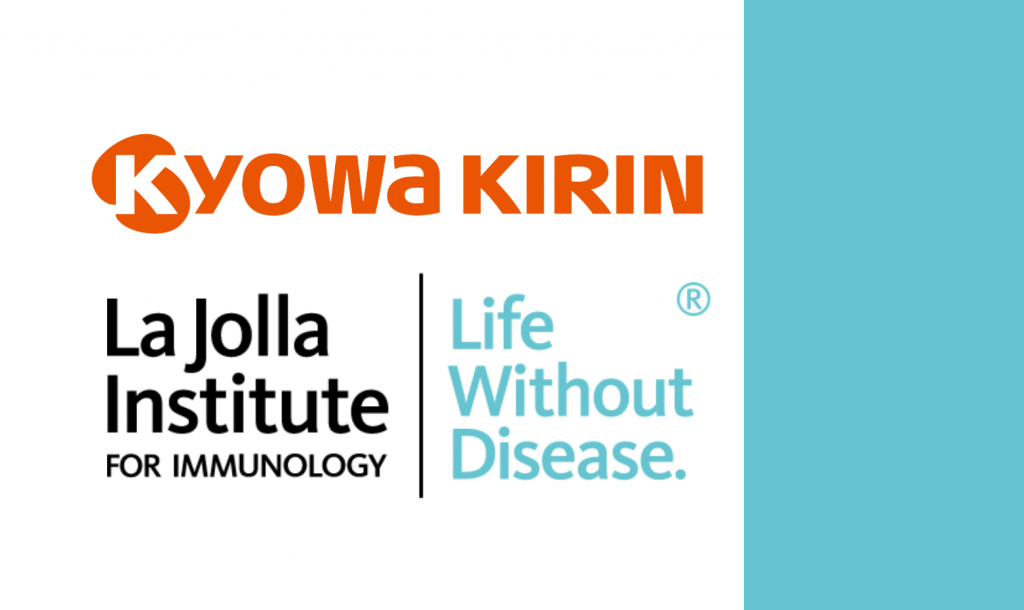The lab investigates T cell reactivity and disease progression in Parkinson’s disease. Findings suggest immune cells are responsible for disease onset. Early interference with T cell responses could prevent the disease from manifesting itself or progressing.
Selected References
Lindestam Arlehamn CS, Dhanwani R, Pham J, et al. α-Synuclein-specific T cell reactivity is associated with preclinical and early Parkinson’s disease. Nat Commun. 2020;11(1):1875. Published 2020 Apr 20. doi:10.1038/s41467-020-15626-w
Lindestam Arlehamn CS, Pham J, Alcalay RN, Frazier A, Shorr E, Carpenter C, Sidney J, Dhanwani R, Agin-Liebes J, Garretti F, Amara AW, Standaert DG, Phillips EJ, Mallal SA, Peters B, Sulzer D, Sette A. Widespread Tau-Specific CD4 T Cell Reactivity in the General Population. J Immunol. 2019 Jul 1;203(1):84-92. doi: 10.4049/jimmunol.1801506. Epub 2019 May 13. PubMed PMID: 31085590; PubMed Central PMCID: PMC6581570.
Sulzer D, Alcalay RN, Garretti F, Cote L, Kanter E, Agin-Liebes J, Liong C, McMurtrey C, Hildebrand WH, Mao X, Dawson VL, Dawson TM, Oseroff C, Pham J, Sidney J, Dillon MB, Carpenter C, Weiskopf D, Phillips E, Mallal S, Peters B, Frazier A, Lindestam Arlehamn CS, Sette A. T cells from patients with Parkinson’s disease recognize α-synuclein peptides. Nature. 2017 Jun 29;546(7660):656-661. doi: 10.1038/nature22815. Epub 2017 Jun 21. Erratum in: Nature. 2017 Sep 13;549(7671):292. PubMed PMID: 28636593; PubMed Central PMCID: PMC5626019.




